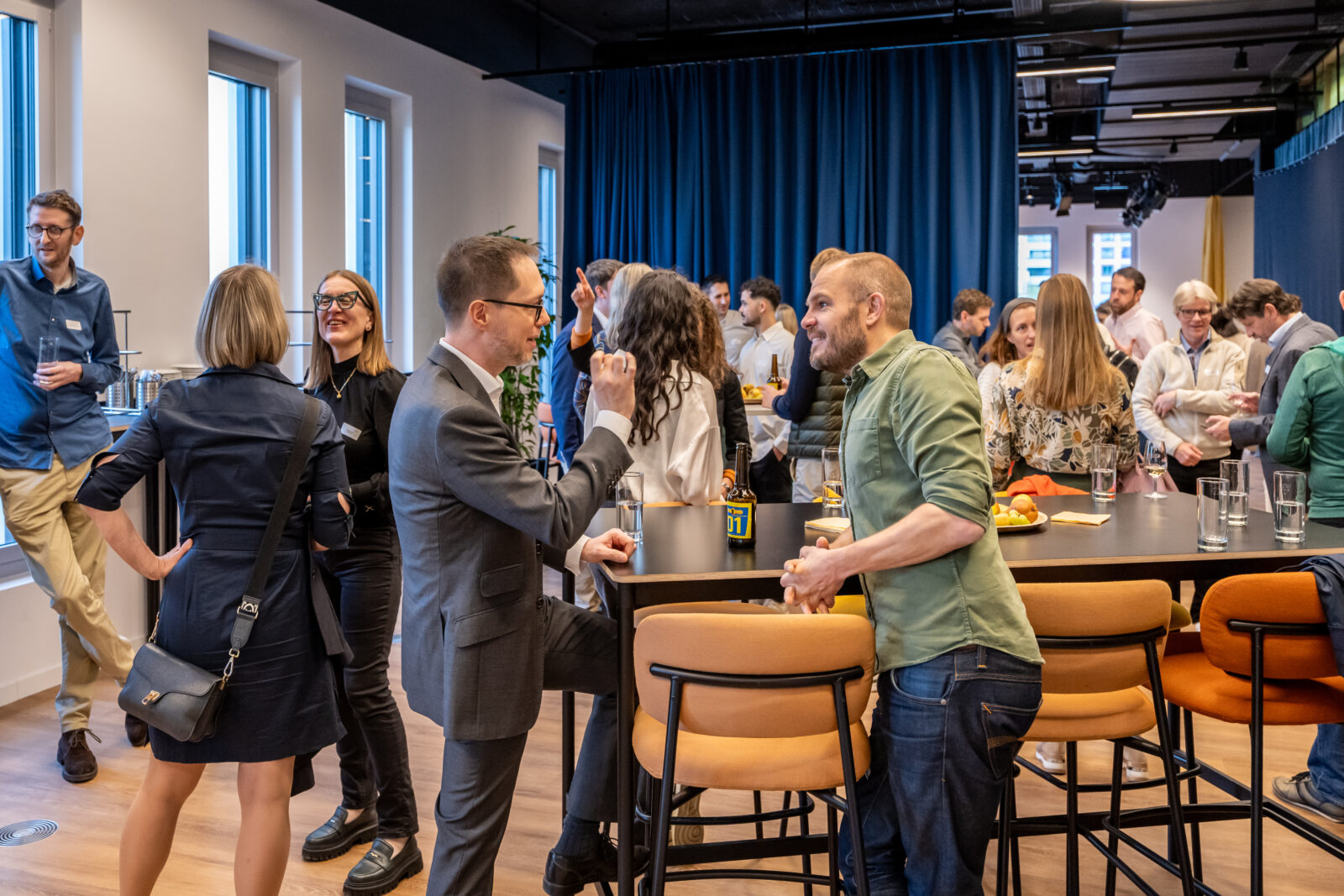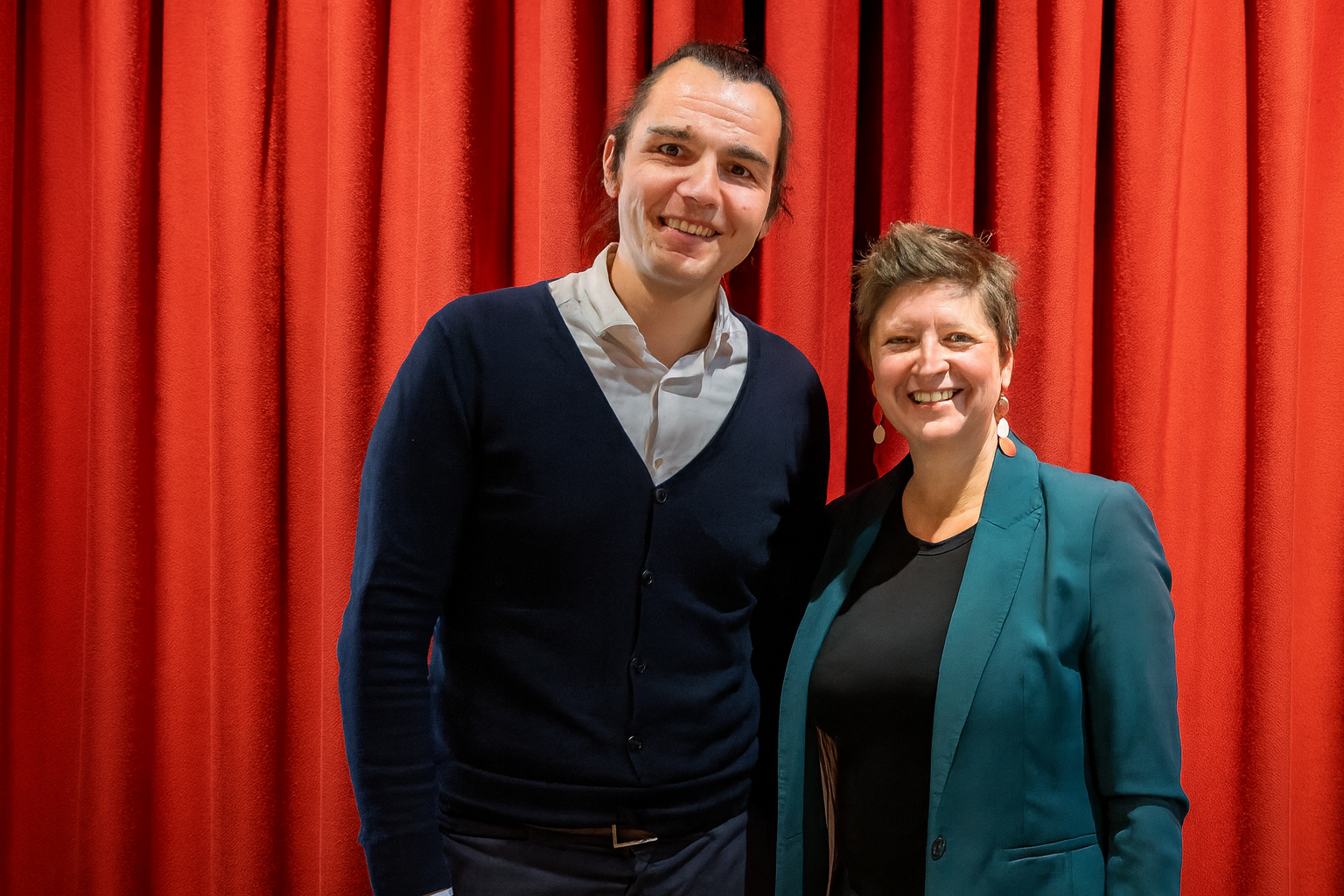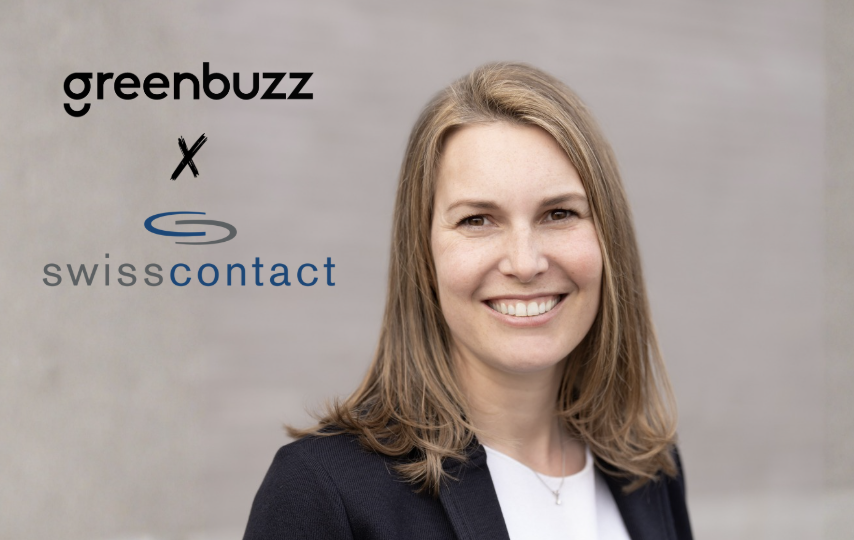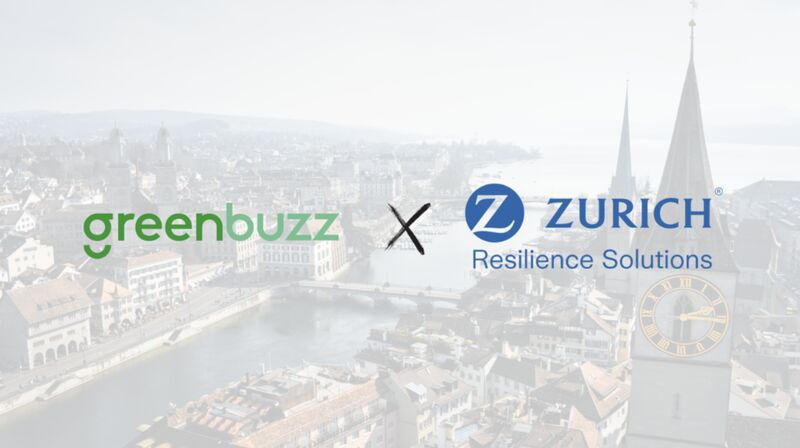At one of our recent lunch events, we caught up with with Maja Rüegg and Gilles Pütz from Valora Group. As one of GreenBuzz’s important yearly partners, we wanted to find out more about their sustainability journey and the company’s future plans.
What first prompted you to become a GreenBuzz partner?
M.R.: GreenBuzz provides an important platform for sustainability professionals in Switzerland. We wanted to engage in the exchange with other companies and organisations. Also, we sought to contribute to GreenBuzz’s mission to professionalise the sustainability community.
We’ve met up at a few of our events – what has been your favourite so far?
M. R.: I really like that all GreenBuzz events feature a networking part. Therefore, I wouldn’t single out a specific event but rather highlight that I always find this networking element very pleasant and useful to meet and exchange with interesting people coming from diverse backgrounds. GreenBuzz is very good at facilitating an open, trusted ambiance that allow event participants to share both successes and challenges.
G.P.: I can only agree. I especially enjoy events themed on a specific topic that we can deep dive into together, discussing our challenges and approaches.
How important is sustainability to Valora and to you personally?
M. R.: Sustainability has been a key driver for me both personally and professionally. With my background in social sciences, I have worked in the international development sector for many years. I moved to corporate sustainability as I believe the private sector plays a key role in tackling today’s sustainability challenges, especially through global value chains.
G.P.: In my personal life, sustainability has always been a key driver. I cannot think of an aspect of my personal life that is not touched by some sustainability consideration or other. Having started as a physicist and later consultant, I reoriented my professional life about five years ago to bring it in line with what was important to me personally. Sustainability is one of Valora’s five strategic priorities. The CEO and the Board of Directors support this approach. The current sustainability strategy lays the foundations to embed sustainability in our products and processes.

“The networking element very pleasant and useful to meet and exchange with interesting people coming from diverse backgrounds.” – Maja Rüegg
Tell us about Valora Group’s sustainability journey over the years.
M.R.: The Valora Group’s sustainability journey aims at strengthening both the environmental and social dimensions of sustainability. In the past years we’ve progressed in topics such as energy efficiency, food waste reduction, fair working conditions in supply chains, and product transparency and development. While strategic orientation is provided by the group sustainability team, the actual operationalisation happens within the business units. Therefore, building and enhancing employees’ knowledge and motivation is key to integrate sustainability into the core processes of all business units. Finally, data collection and management is an important, continuous task along the journey, not just to fulfil reporting obligations, but mostly so that we can steer our efforts and make data- based decisions.
What sustainability challenges does your industry need to overcome?
M.R.: With complex global value chains, one of the key challenges will be to improve transparency. This is key for various sustainability dimensions such as Scope 3 greenhouse gas emissions management as well as human rights due diligence. To advance in transparency we require both the commitment to share information and the systems to manage information.
G.P.: Further challenges differ between our business areas. In retail, most of our business is making products produced by a large amount of other companies available to consumers. To make the retail business more sustainable, we need to work with our suppliers, like everybody else. However, the number of different products and suppliers, each with their own complex value chain, makes this a difficult task. We also need the support of our consumers. For example, offering a recycling option is only useful if consumers use it.
Q: If you could make one change to make the world more sustainable, what would it be?
M.R.: I would love to see a mindset shift towards the interconnectedness in the world we live in. Enjoying our morning coffee is connected to women and men growing coffee in far away countries. Our choice of what we have for lunch has impacts on natural resources all along the value chain. To drive forward sustainable production and consumption we need collaboration between many different players such as companies, governments and associations.
G.P.: On a societal level, I would love for companies and people to have a holistic view on resources. As a society, we have been highly focused on the financial side with a lot of costs, like land degradation or using up finite resources, hidden away. On the other hand, we find a lot of people who have started to focus almost solely on the environmental or social side, almost ignoring that changes need to also be economically sustainable. This has led to an ideological rift that I would like to see closed. More pragmatically, I would like to make our food system significantly more resilient.
Thank you for your time!



